Search Definitions
Browse Content (p. 213)
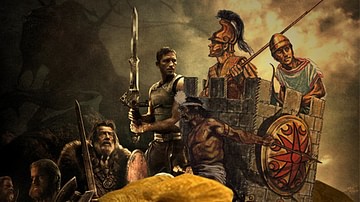
Definition
Carthaginian Warfare
Carthaginian warfare has been overshadowed by defeat to Rome in the Punic Wars, but for six centuries before that Carthage was remarkably successful in conquering lucrative territories in North Africa, the Iberian Peninsula, and Sicily. By...
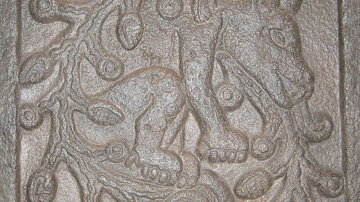
Definition
Ahuitzotl
Ahuitzotl (Auitzotl) was an Aztec ruler who reigned between 1486 and 1502 CE. He was one of the greatest generals of the ancient Americas and he left to his nephew, Montezuma, an enlarged and consolidated empire which had been ruthlessly...
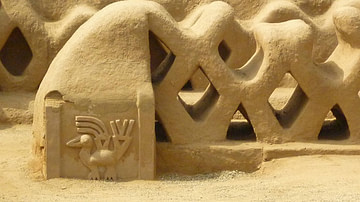
Definition
Chan Chan
Chan Chan (Chimor) was the capital city of the Chimu civilization which flourished on the northern coast of Peru between the 12th and 15th centuries CE. The city was a giant metropolis populated by peoples from across the Chimu Empire, the...
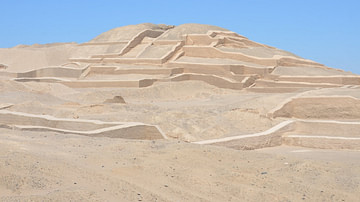
Definition
Cahuachi
Cahuachi, located on the southern coast of Peru, was the most important sacred site of the Nazca civilization. The Nazca flourished between 200 BCE and 600 CE, and Cahuachi covers a similar time period. The site, which was used for harvest...
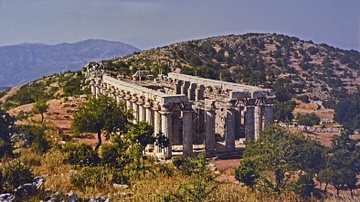
Definition
Bassae
Bassae (Bassai), located in south-west Arcadia on the slopes of Mt. Kotilion, was an important temple site in the Archaic and Classical periods. Its large 5th-century BCE temple of Apollo, now covered with a permanent roof, is one of the...
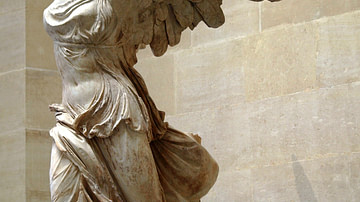
Definition
Samothrace
Samothrace (Samothrake) is a Greek island in the northern Aegean which was prominent from the Classical period as a member of the Delian League. Its greatest claim to fame was as a cult centre favoured by Macedon and visited by pilgrims from...
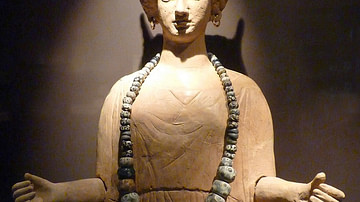
Definition
Carthaginian Religion
Carthage was founded by the Phoenician city of Tyre in the 9th century BCE, and along with many other cultural practices, the city adopted aspects of the religion of its founding fathers. Polytheistic in nature, such important Phoenician...

Definition
Lysimachus
Lysimachus (c. 361-281 BCE) was one of Alexander the Great's trusted bodyguards and a member of his Companion Cavalry. Although he obtained Macedonian citizenship, his father was a Thessalian named Agathocles. After the death of Alexander...

Definition
Cuicuilco
Cuicuilco is an ancient settlement site in central Mexico, now located in southern Mexico City. Prominent in the late pre-Classic period, around 500 BCE, it is noted for its large circular temple mound, one of the earliest monumental structures...

Definition
Ashvins
The Ashvins (aka Asvins, Asvinau, or Asvini Kumaras) are two twin brothers of Hindu mythology, sons of the sun god Surya. They may also be referred to as the 'Horsemen' and are forever young, handsome, and athletic. They are considered the...